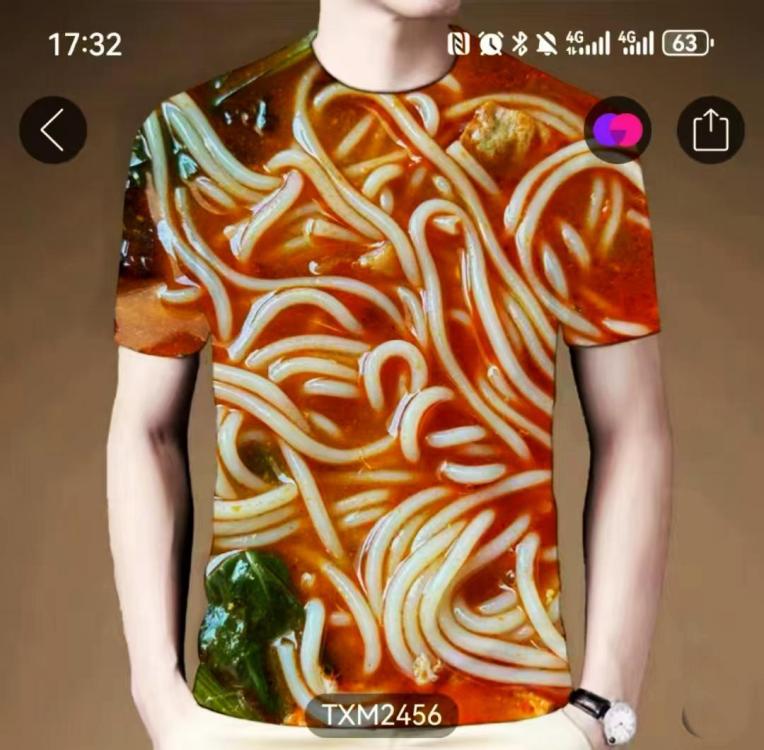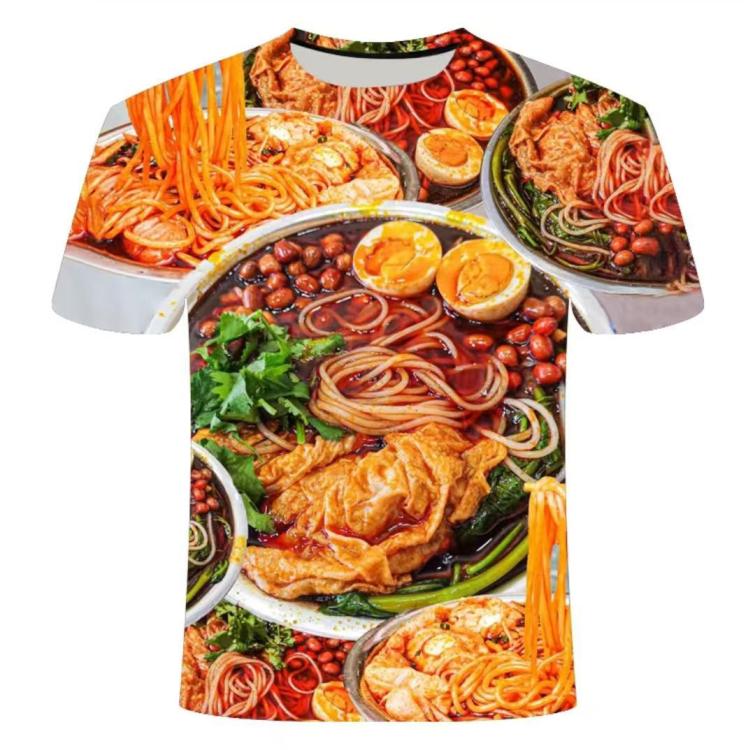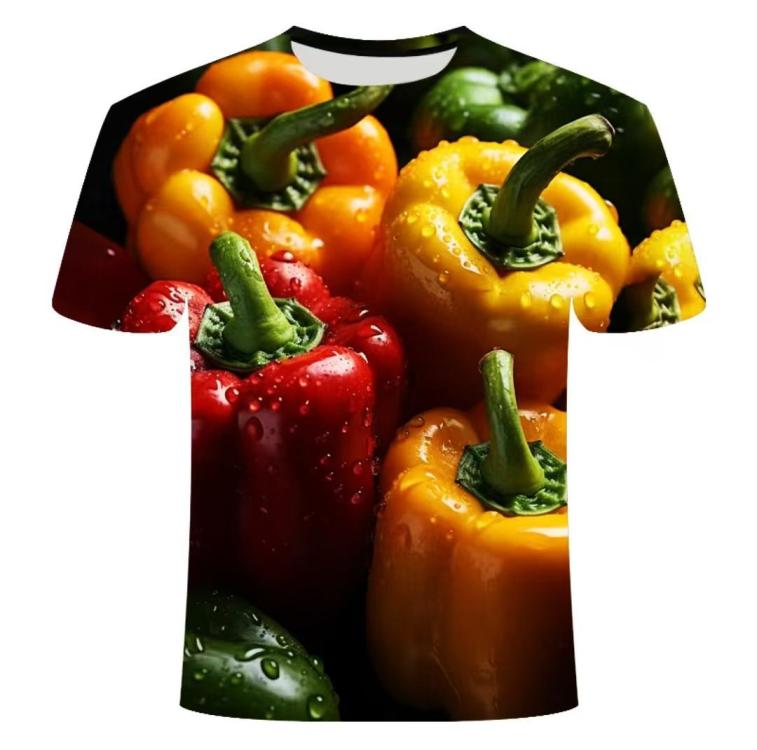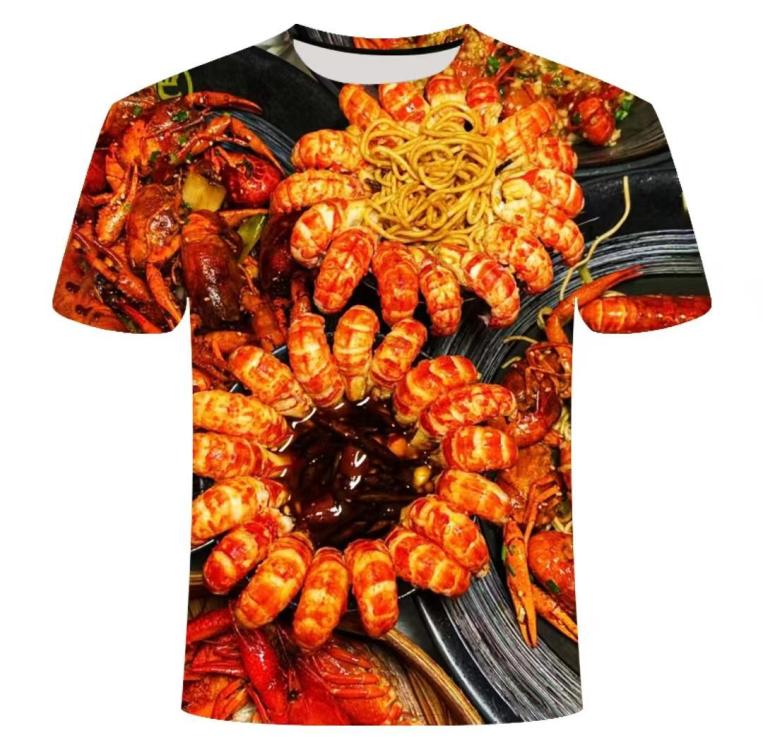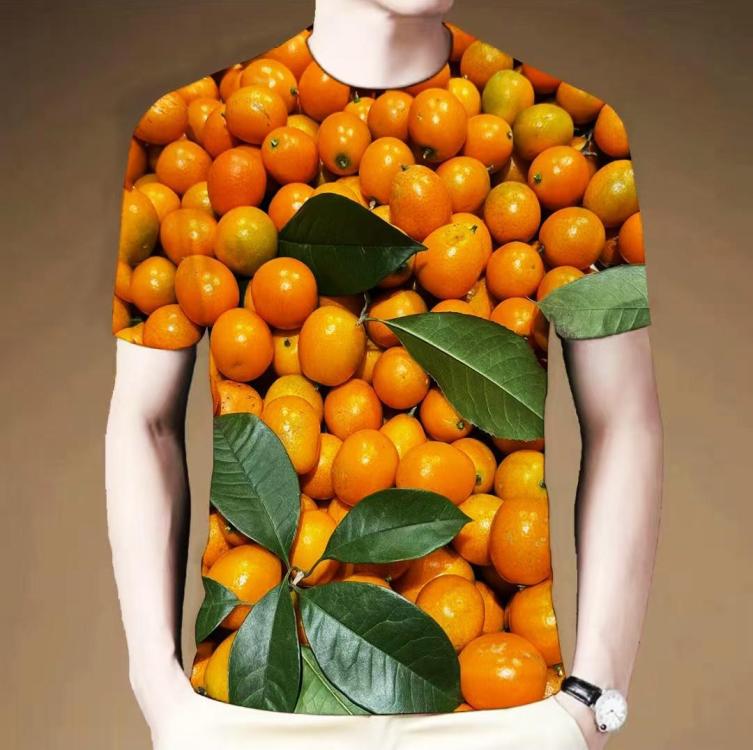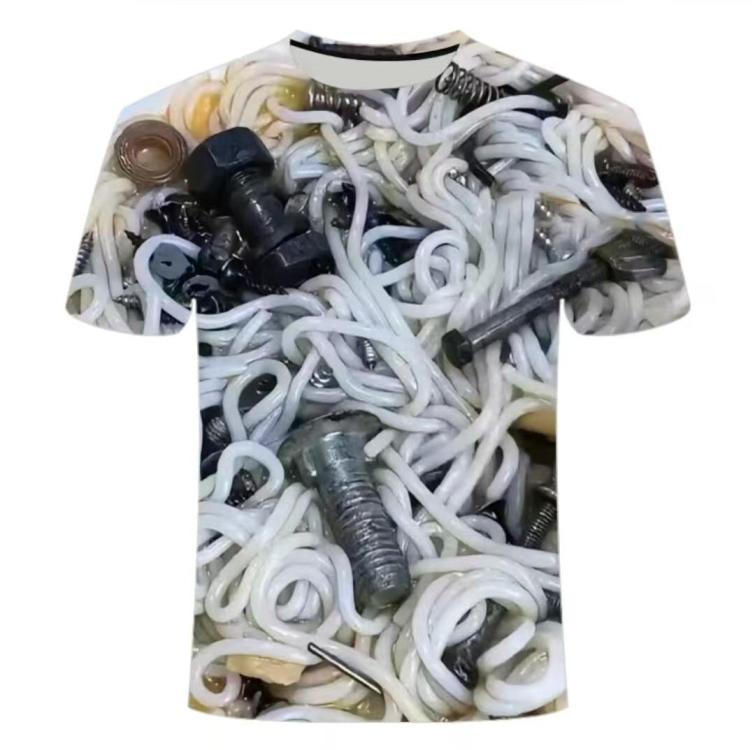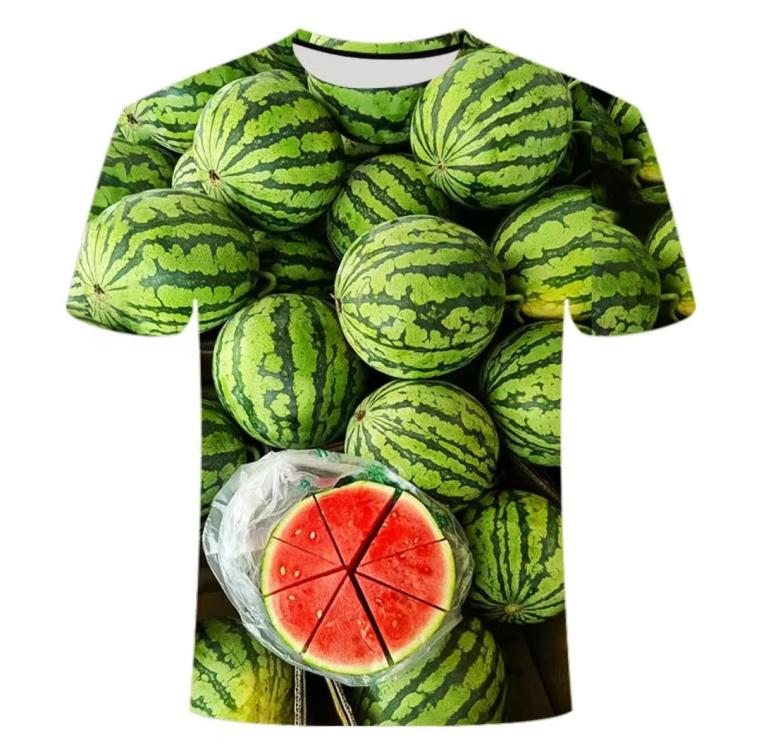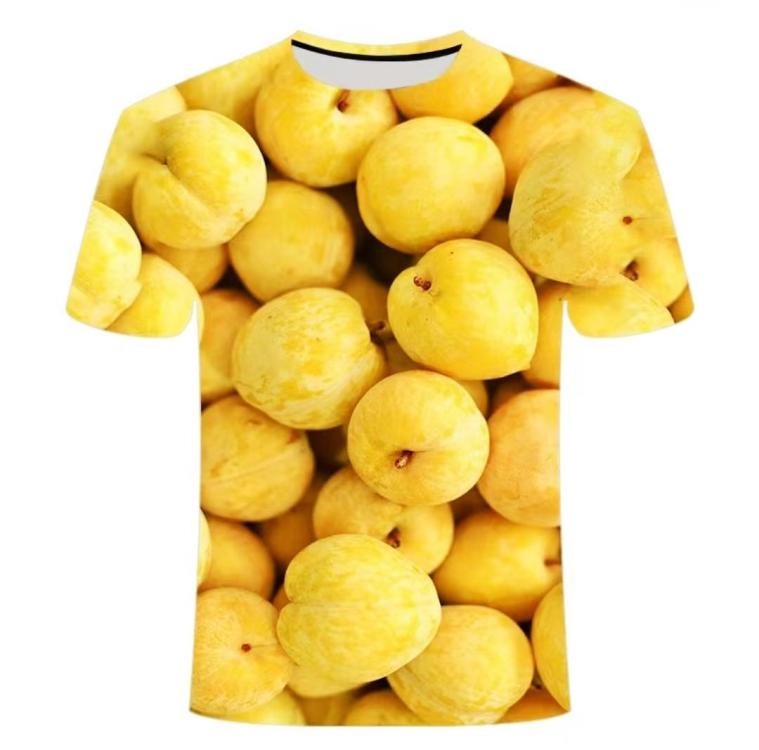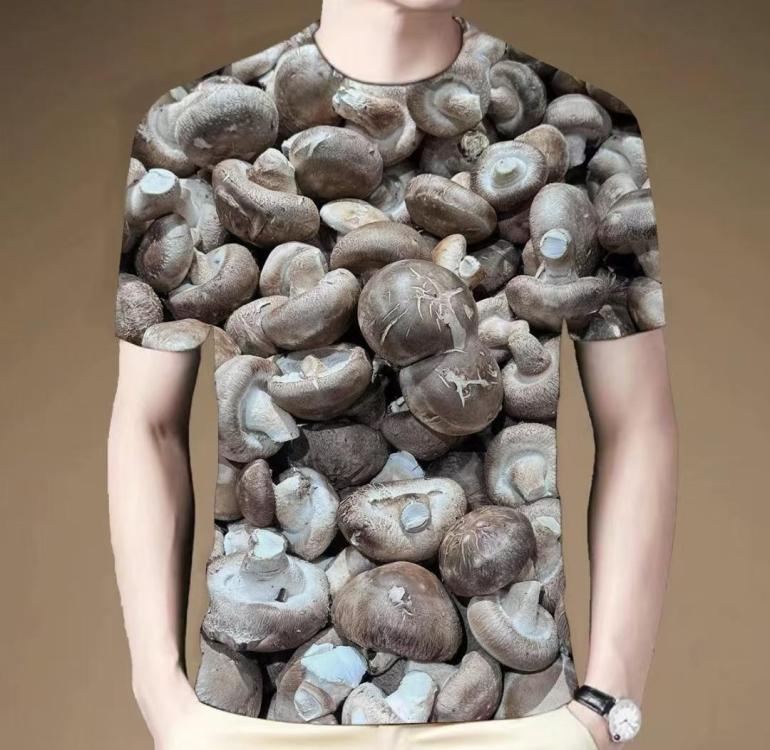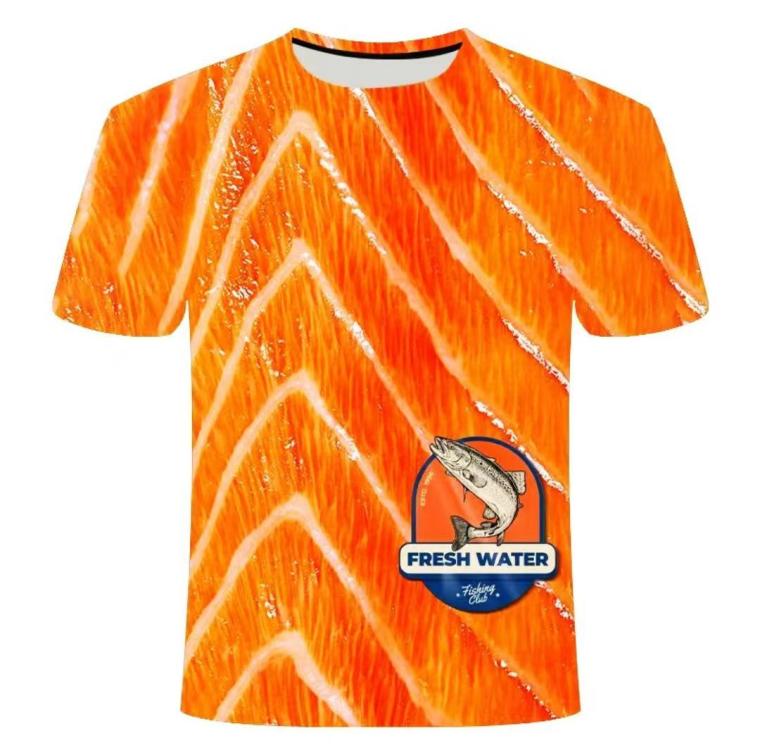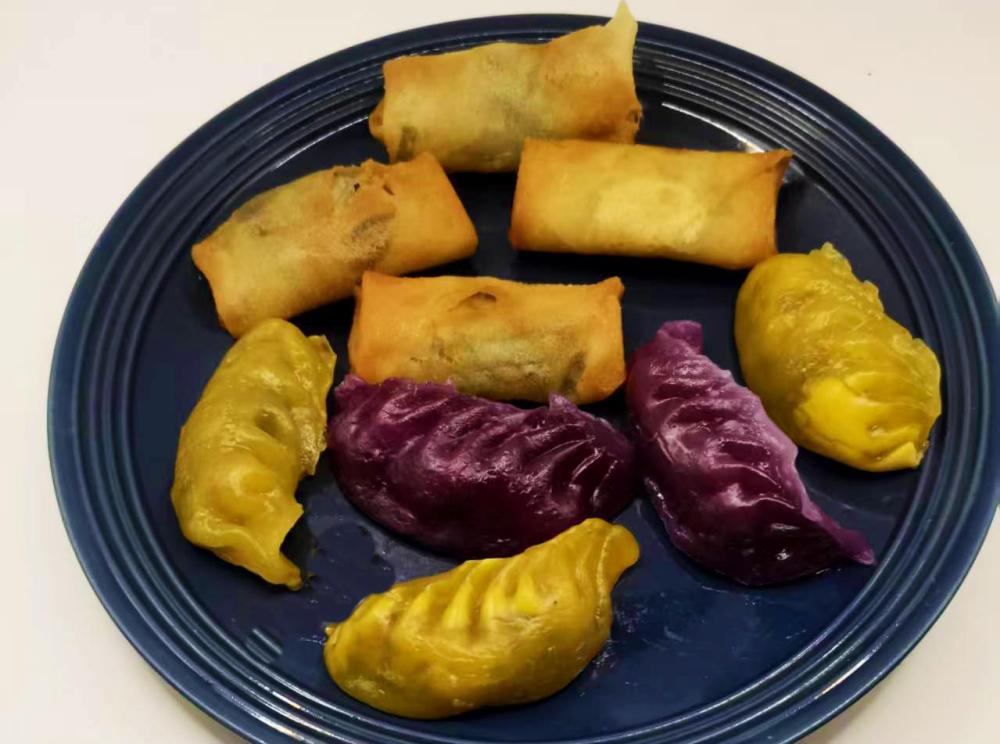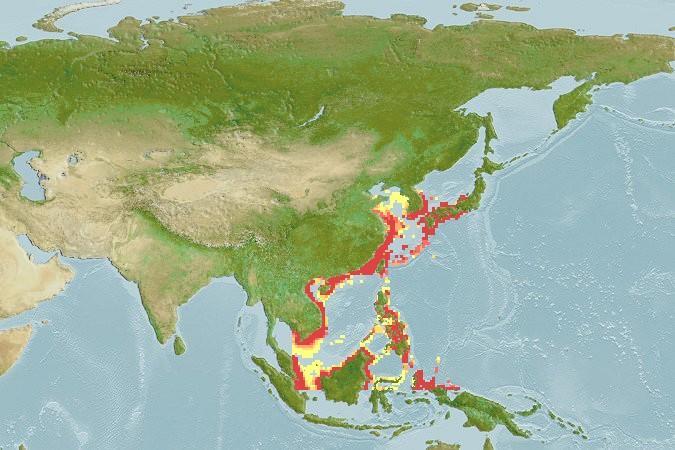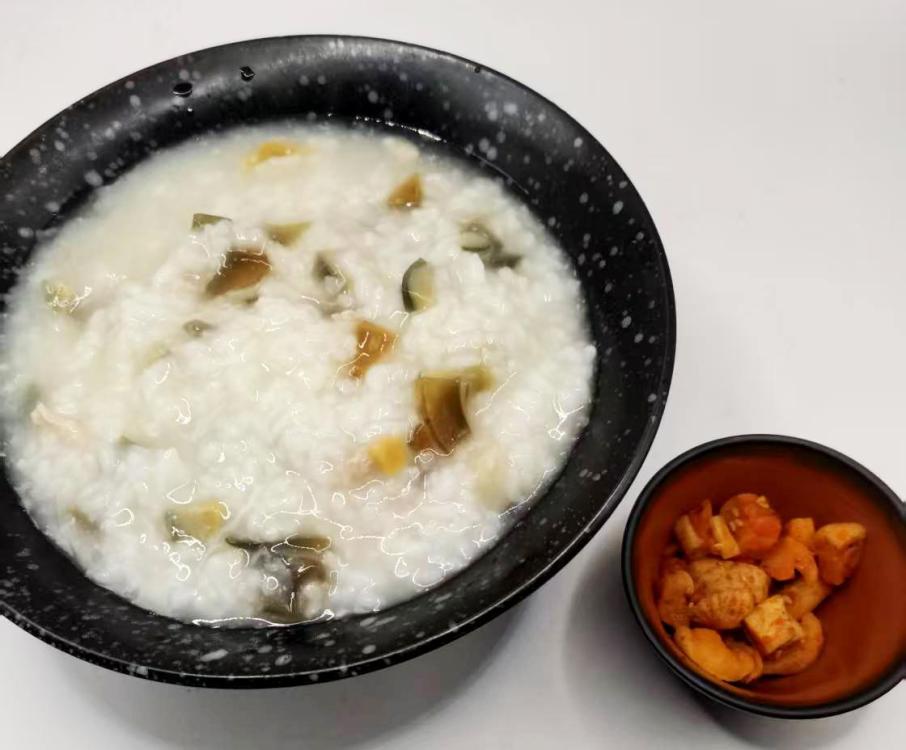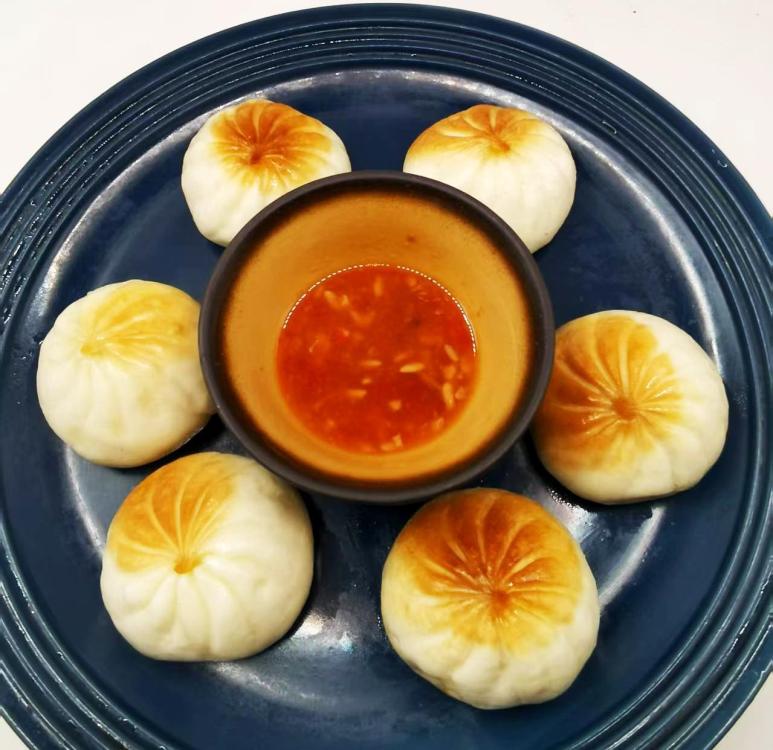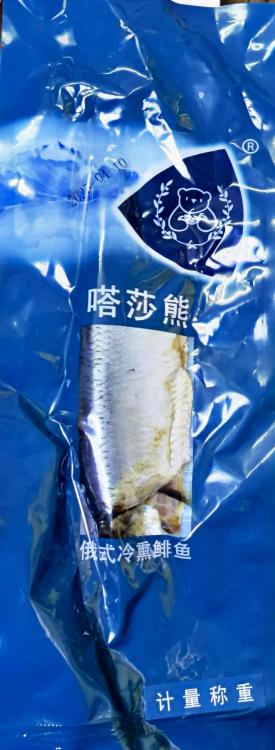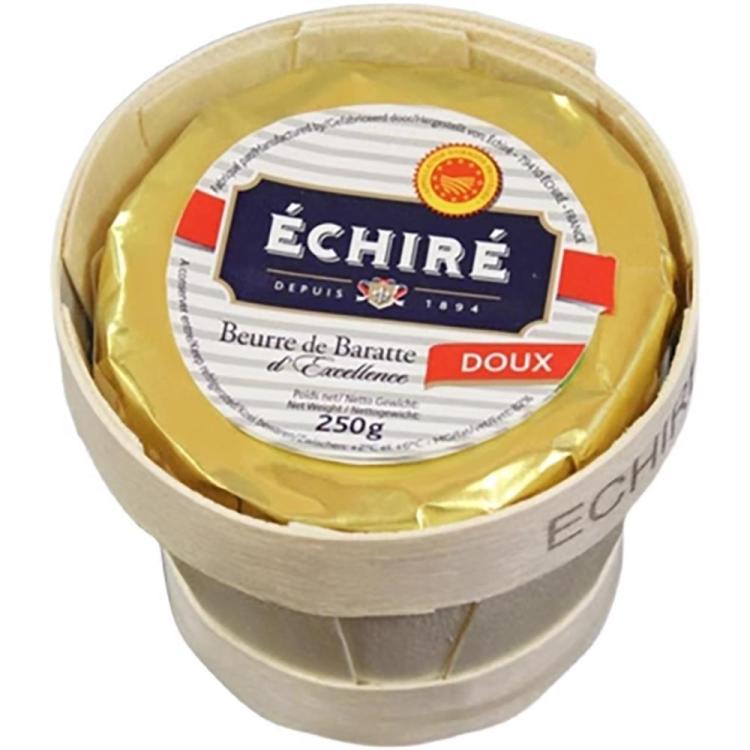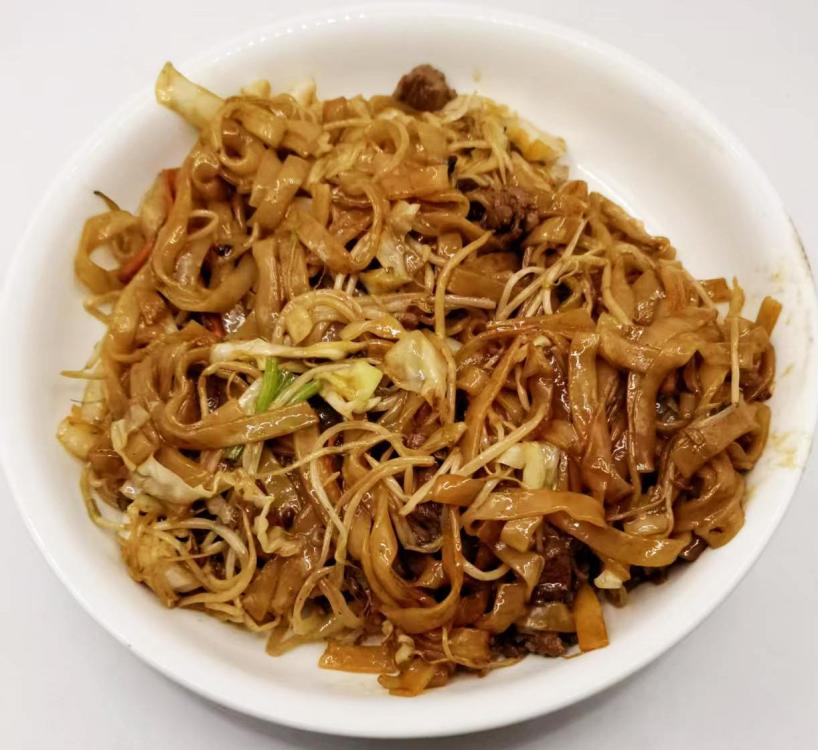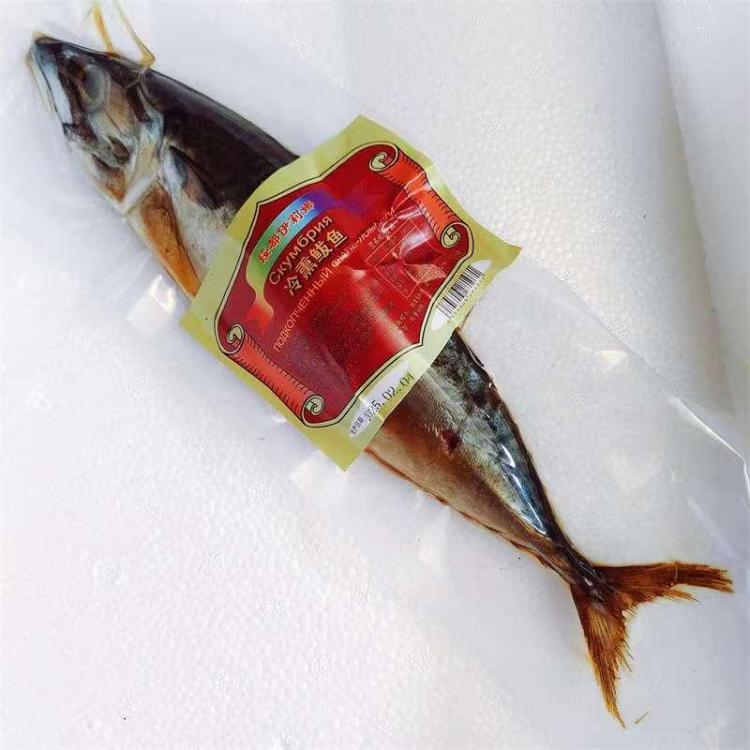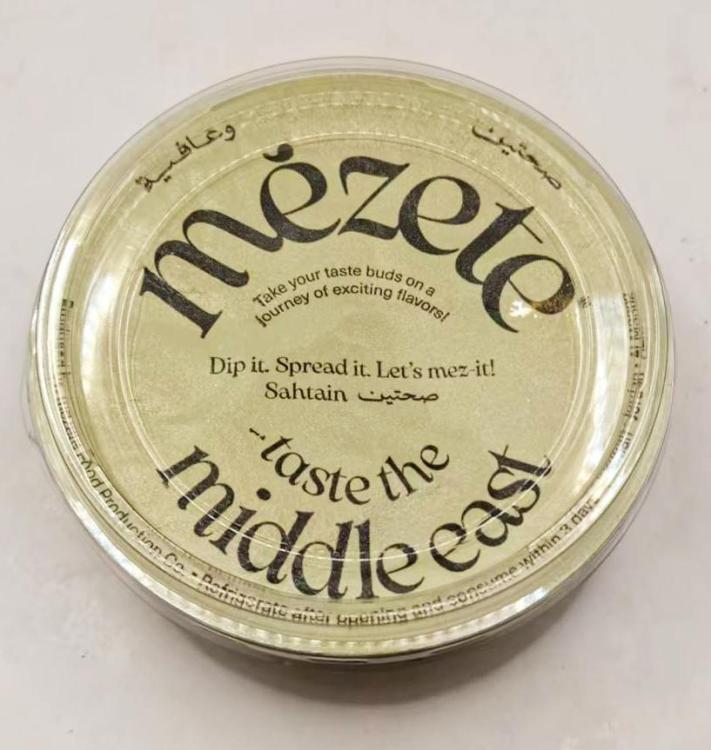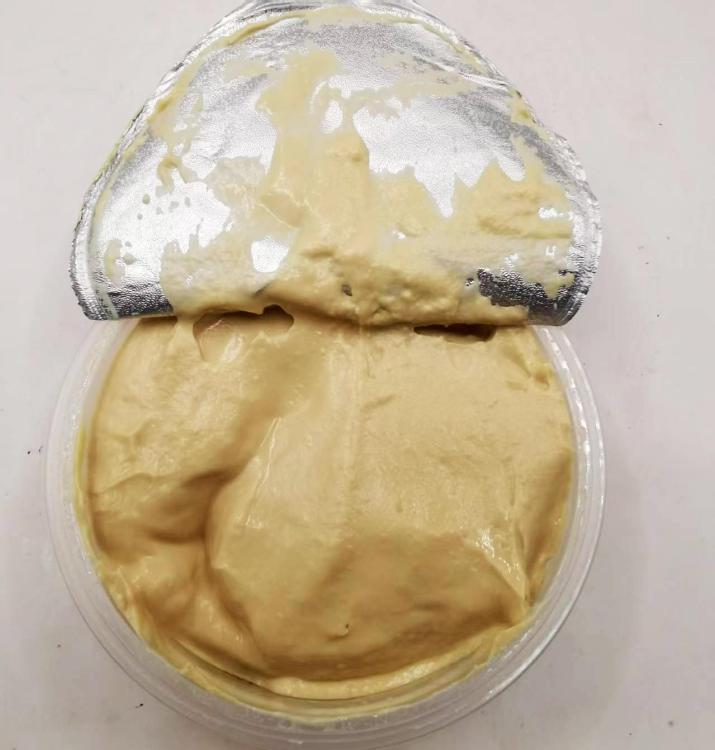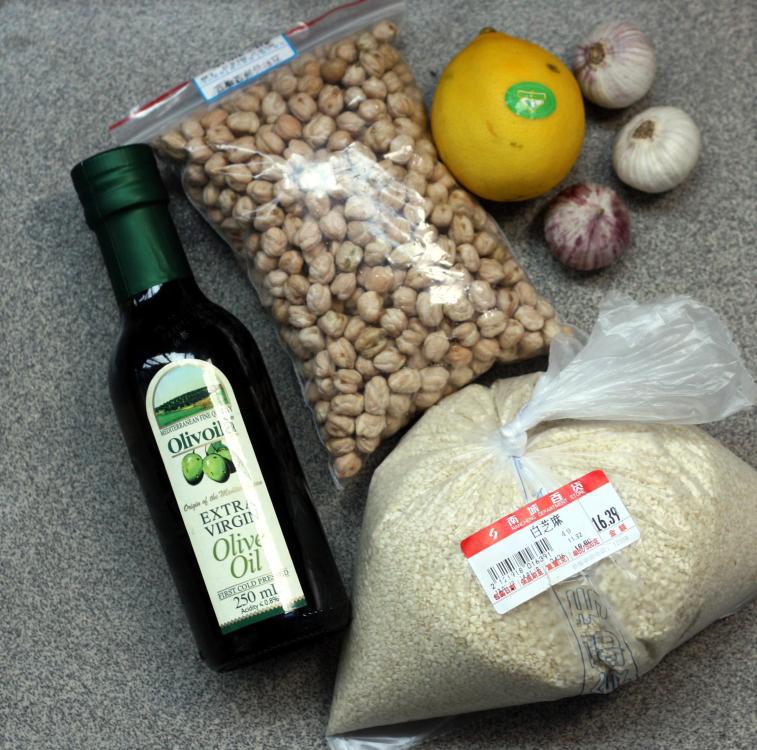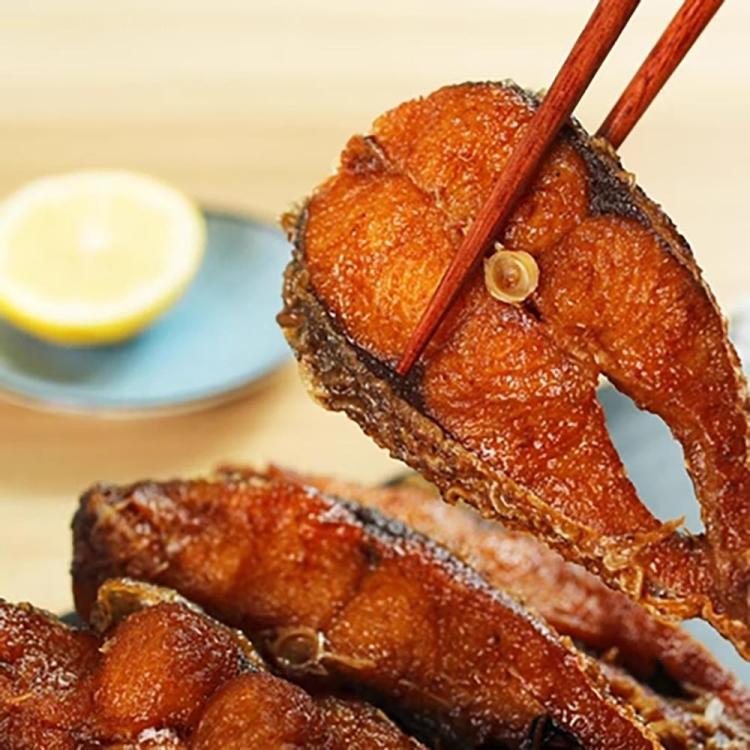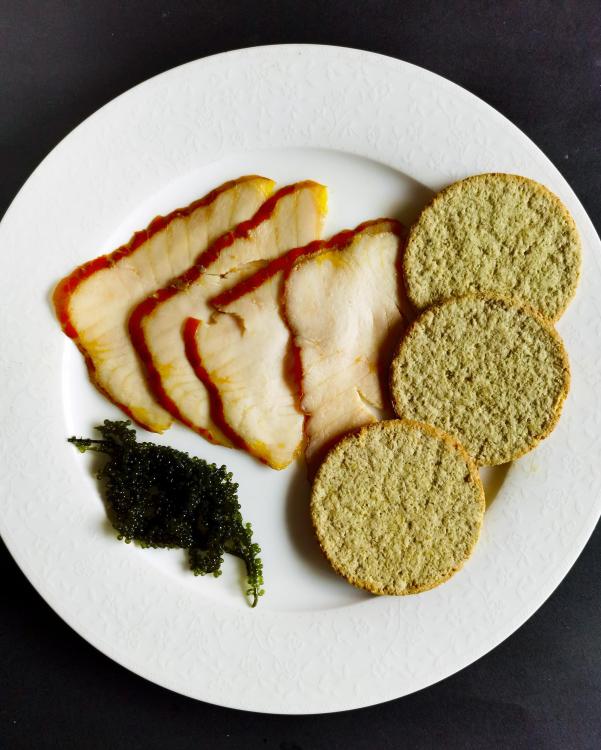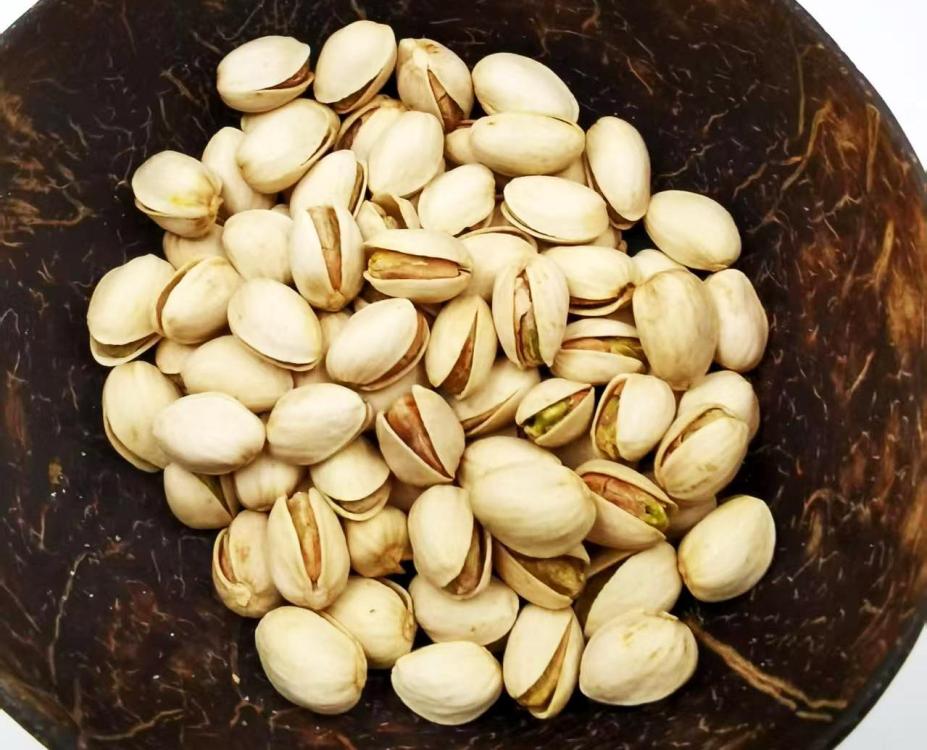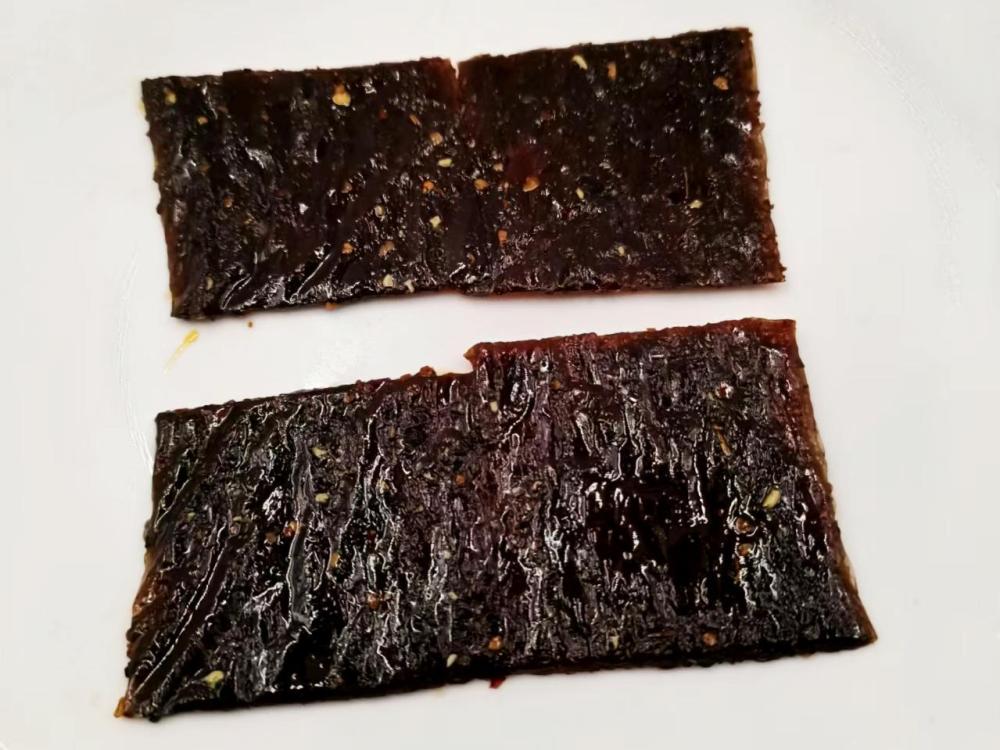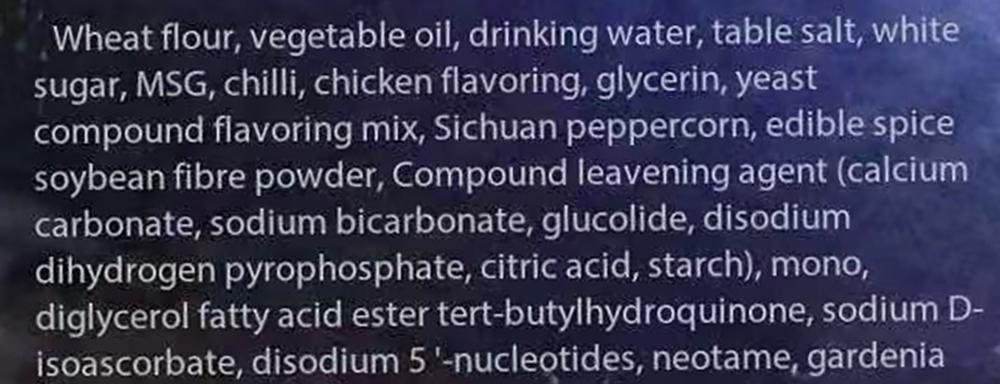-
Posts
16,789 -
Joined
-
Last visited
Content Type
Profiles
Forums
Store
Help Articles
Everything posted by liuzhou
-
Very similar looking mangoes are common here. Same variety, probably.
-
You're almost there. Luosifen is 螺蛳粉 (luó sī fěn) with 螺蛳 (luó sī) meaning 'river snails'. However many people, including luosifen shops, mis-write it as 螺丝 (luó sī) meaning 'screws' or' bolts'. As you can see from the diacritics in the pinyin pronunciation guide they are homophones. And yes, there is an etymological connection. 螺 (luó) indicates spiral connotations. The snails used have spiral shells. So, some wag came up with this.
-
Yesterday, I posted this on the Liuzhou Luosifen topic where it was relevant, but it also belongs here as I have discovered it is but one of a range. Others include and finally a Liuzhou City in-joke. I'll let you stew about the last one for a bit before explaining.
-
Now, I can demonstrate my affinity with the locals and display my affection of my home city's signature dish by sporting this stylish Luosifen T-shirt, I just discovered on an online shopping channel. Or perhaps not.
-
It's been a vicarious pleasure to accompany you on your visit. Thank you. (My parents were of the firm opinion that the best place to eat in Paris was in the restaurant IN the Eiffel tower because it's the only place in Paris where you can't see the Eiffel Tower. I'm not sure they were wrong!)
-
Yes. Stir fried. Usually with garlic and chilli round here.
-
I am delighted to have learned today that I can have live silkworms delivered to my door within 30 minutes. Only $0.68 USD for eight of the 3-year-olds . They even bring their own food with them! I may adopt some!
-
Yesterday (Saturday), The Guardian ran a story under this this headline. Have they never heard of beer? 🍻
-
Unlikely, yes. But if you do find yourself deported to China for any reason, I suggest you avoid fish totally. Most fish is served gutted but otherwise whole and on the bone. There are exceptions but no menu ever tells you which is which, even if you can read it. 🐟🐡
-
蔬彩色水晶饺 (shū cǎi sè shuǐ jīng jiǎo), vegetable coloured crystal jiaozi (pork dumplings) and 嘎嘎脆春卷 (gā gā cuì chūn juǎn), mini crispy spring rolls.
-
A Pamflyt Compiled of Cheese, Contayninge the Differences, Nature, Qualities, and Goodness, of the Same A Guardian article giving the background to a recently discovered 16th century treatise on Cheese. A Pamflyt compiled of Cheese_Transcription by Ruth Bramley.pdf
-
Thinking about herring recently reminded me of something called Chinese or White Herring, which is available here, but isn’t a true herring at all, although vaguely related. 鰳鱼 (lè yú), Ilisha elongata is also called the slender shad, but isn’t a shad, either! It’s what is known as a longfin herring. It is found in the coastal waters around SE Asia, China, Korea and Japan and extensively caught. AquaMaps (2019, October). Computer generated distribution maps for Ilisha elongata (Elongate ilisha), with modelled year 2050 native range map based on IPCC RCP8.5 emissions scenario. Retrieved from https://www.aquamaps.org. I often see it on fish counters but never buy it. Although the taste is fine I’m very bone tolerant, this species takes boniness to an extreme, as I discovered the first and only time I did buy it. There are better species to eat.
-
皮蛋瘦肉粥 (pí dàn shòu ròu zhōu), century egg and lean pork congee and 小笼包 (xiǎo lóng bāo) small steamed pork dumplings. Dips / sides: pickled daikon radish with the congee; chilli sauce with the xiaolongbao.
-
My smoked herring has arrived. All the way from Heilongjiang in the frozen north, next to Russian Siberia. There are a lot of Russian ethnic Chinese nationals there and trade ties are close. Known here as 鲱鱼 (fēi yú), it is Clupea pallasii, Herring but this is labelled as 冷熏 鲱鱼 (lěng xūn fēi yú), cold smoked herring. So far; so good. It is, as you can see in the photograph in the above post, labelled in Chinese and Russian. Cельдь (seld) is the correct translation for herring reassuring me somewhat. But that photo is from the seller’s listing. What actually arrived is only described in Chinese but it seems they supply both markets so hopefully it will be the same. What will I do with it? Not sure yet. There are options. Kedgeree or simply grilled / broiled with butter the way it is served in Scotland I’ll let you know. It’s in the freezer as recommended. I ordered the smallest size available as a tester. If it's up to par, I'll go larger next time.
-
-
-
This is possibly probably the worst recipe I've ever found on the internet. Apart from being riddled with basic English errors ('loose' instead of 'lose'), it sounds like a recipe for disaster. Who the hell cooks chicken hearts for 2¼ hours? Who in hell puts carrots, parsnips, chickpeas, tomato and lard into anything described as chicken anything pâté?? And why does it take 4 hours to make when it cooks for 2¼? What do you do for the other 1¾ hours? I regularly make chicken heart pâté. No vegetation other than shallots and it takes maybe 20 minutes on a bad day!
-
Good news. Late last night, I managed to track down an alternative supplier of the smoked herring in the same city as that mentioned in the previous post and ordered one to sample. They just informed me my parcel has been shipped. It is a long way though, so it'll take two or three days to get here.
-
This may not seem much to get excited about to most of you but I can explain. 1) Hummus is almost unknown here and difficult to find. 2) Because of its unavailability, to satisfy my hummus needs, in the past, I’ve made it from scratch. All the ingredients are available. However, I have to make the tahini, too. It is equally difficult to find. Although I’ve made the tahini and then the hummus many times, it’s a grind (literally). Hummus Ingredients So for me, it’s fun to just open a tub of this very good hummus imported from Lebanon. I buy the regular type but it also comes in a number of flavours: with za-atar; with red peppers; with red hot chilli. $3.50 USD / 215g a tub plus delivery $0.55 no matter how many tubs I buy.
-
Sautéed literally means 'jumped' or 'leapt' in French too.
-
I mentioned the Great British Cheese Heist at the time, but according to this article in the Guardian today, sophisticated food scams are on the rise worldwide. Who stole all the cheese? The inside story of the boom in luxury food heists | Food | The Guardian
-
A Sad tale Being of the Scottish persuasion by birth and upbringing, I am extremely partial to smoked fish. Kippers, Finnan Haddie, Arbroath Smokies, Smoked Mackerel and, of course, Smoked Salmon etc. Here in China, I have a problem. A lot of “smoked” fish has never been near smoke other than perhaps the vendor’s cigarette in its life! Probably the most famous dish is what is usually described as Shanghai Smoked Fish, 上海熏鱼 (shàng hǎi xūn yú). I enjoy this but smoked it ain’t. Shanghai Not Smoked Fish - Image Mietuan Online Shopping App This misnaming isn’t dishonesty or deliberate fraud but a linguistic / translation problem. 熏 (xūn) can mean ‘smoked’ but has other meanings such as to fumigate, to assail the nostrils, to perfume. I suggest the nostril assault meaning is the correct one for the fish, which is usually carp. This Mala Market piece goes into detail as to how it’s actually made, although it doesn’t mention the linguistic confusion. Another word for ‘smoke’ is 烟 (yān), which also mend cigarette or tobacco. This is slightly more reliable but still no guarantees. It is often combined with 熏 (xūn) to give 烟熏 (yān xūn). Which still tells you not very much. More reliable but far from infallible is 熏烤 (xūn kǎo) which means ‘to smoke or cure over a wood fire’. The only decent, actually smoked fish I’ve found here was rather expensive smoked sturgeon from the world’s largest caviar supplier. Smoked Sturgeon Recently, I recently found some smoked herring, made in China, but described as Russian style. I tried to have it delivered from Heilongjiang Province, China’s most northern bordering Siberia. As soon as I placed the order they announced it had been withdrawn from sale. 😭😭😭
-
I'm stocking up on 'open-hearted nuts', the literal translation of the Chinese name for pistachios. Trying to maximise my hoard before the price doubles. 99% of our pistachios come from the USA.
-
Yesterday, my beer delivery company threw in the strangest thing yet as a freebie. According to the product name it is "泡椒臭干子", which translates as 'Pickled Chili Stinking Nuts'. It is two slices of something - about the size of one of those nori pieces you get on some sushi. It doesn't smell of anything. Fortunately, it has to list ingredients. Here's the list (computer translation) Straight into the trash. No nuts. I'd be nuts to eat it!
-
Picasso was very interested in food and even published recipes in Vogue. He also created many food artworks in paintings but also in ceramics and other media. Here is an article from the BBC on that very subject. BBC Arts - BBC Arts - A feast for the eyes: What Picasso's Kitchen reveals about his art and a couple of recipes from Vogue Haute Cuisine: Picasso’s Recipes from the Pages of Vogue | Vogue






